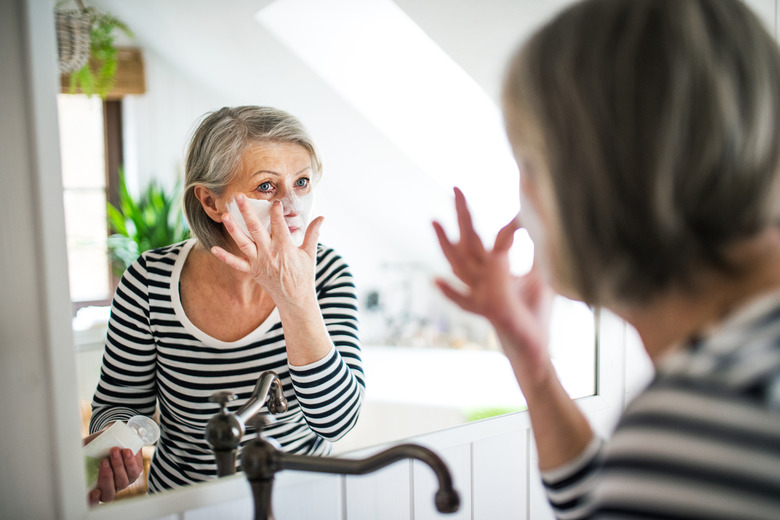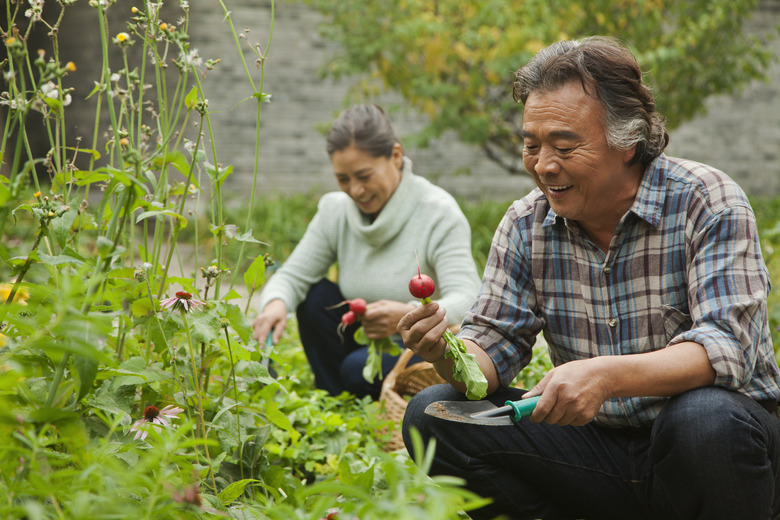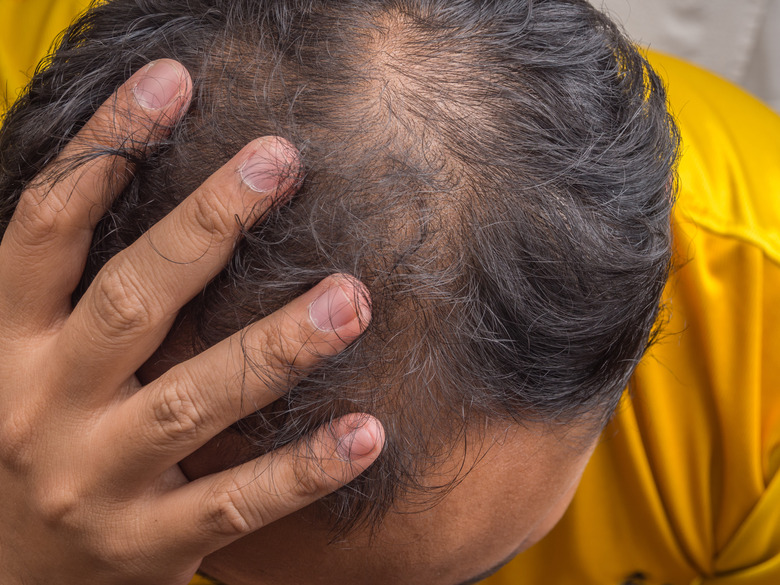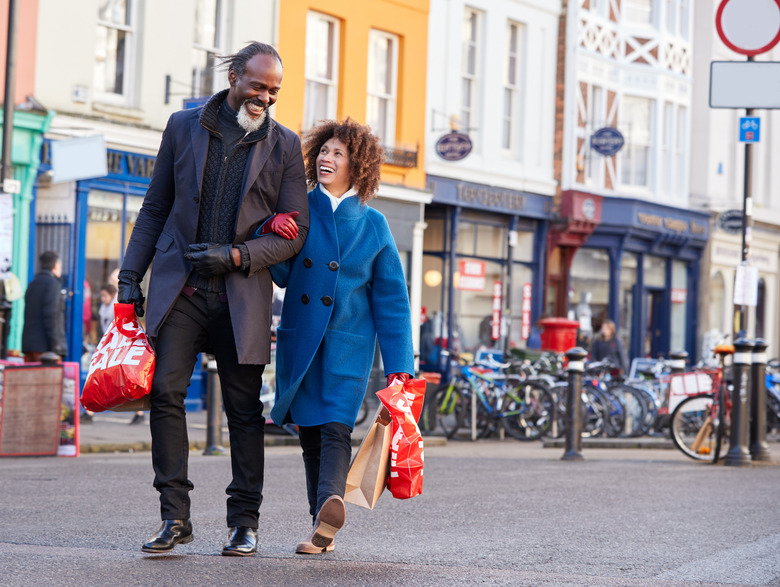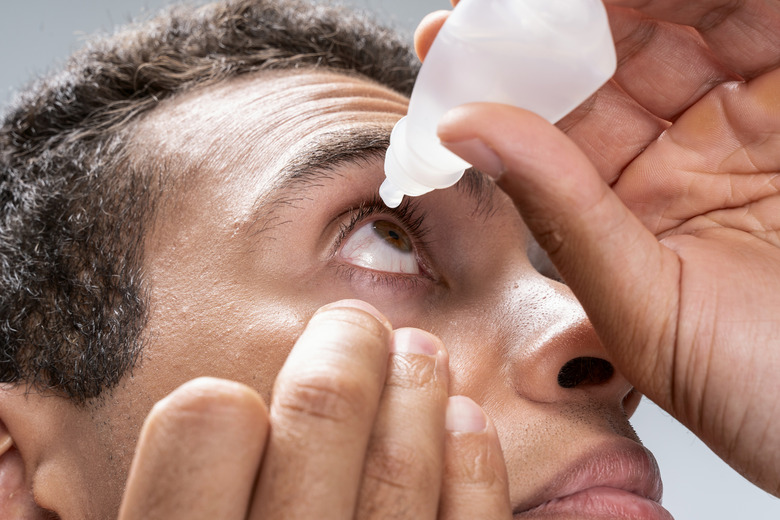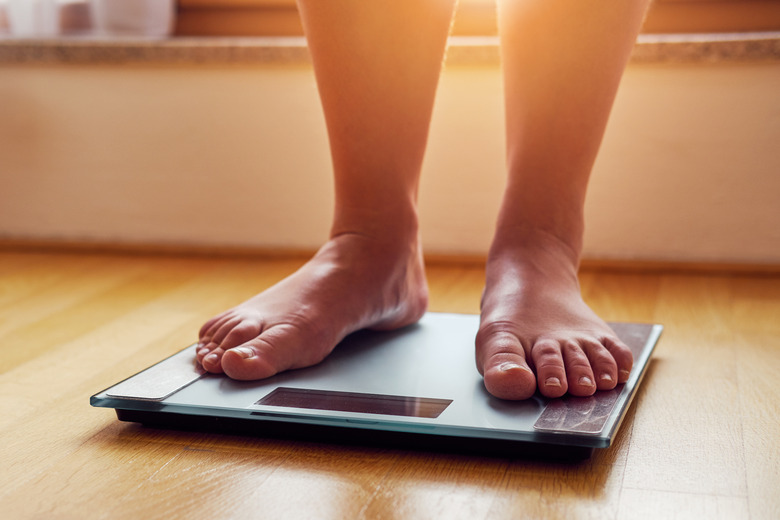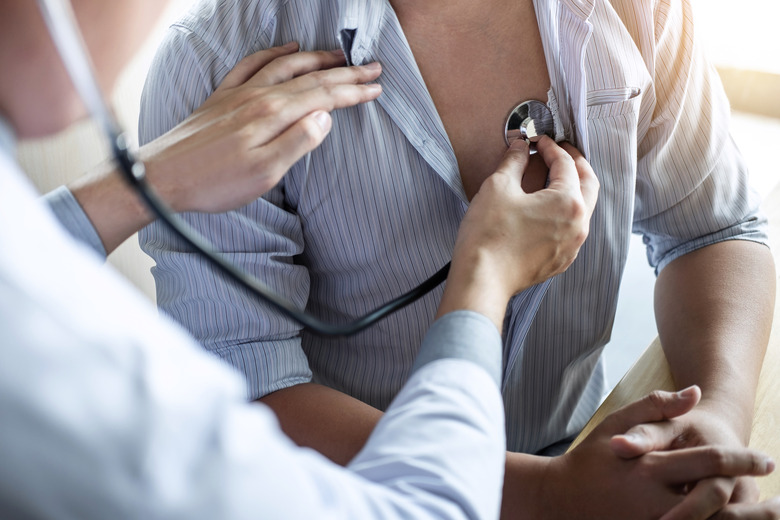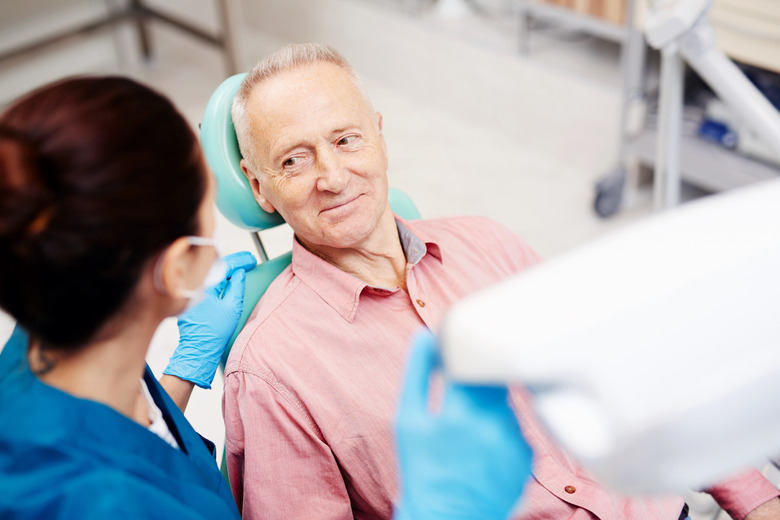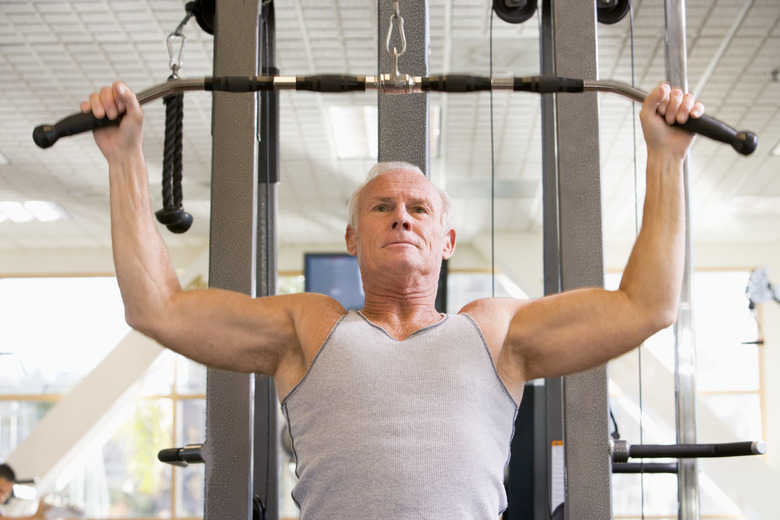Ways You Didn't Know Your Body Changes After 50
With age, you gain wisdom, strength and experience. You develop meaningful relationships and watch those around you grow. You begin to discover what you find most important and let go of some of the rules that governed your younger days. But along with those immaterial things, your body goes through some changes, as well.
Many of the changes that come with old age you probably already know. Your metabolism slows down, for instance, and you become more susceptible to high blood pressure and heart disease. You know not to overdo it on the salt, and limiting foods that could send your cholesterol flying might already be on your mind. But what other, more subtle changes are about to happen?
Every person experiences aging differently, but there are things happening biologically that cause changes such as wrinkles or graying hair. Other changes are completely invisible, happening in your brain or at a cellular level. As you pass through to the second half of a century, you will likely start to feel different. Here are some of the lesser-known ways your body changes after you turn 50.
Slow collagen production
As you age, your body begins to slow the production of collagen, a protein responsible for keeping your skin firm and elastic. It's no aging myth that lack of collagen is one of the reasons your skin becomes wrinkled as you get older. Some companies have devised collagen supplements, rumored to slow down skin aging. But do these pills and powders really work? The science is still relatively underdeveloped on that front.
Dry skin
Your skin actually becomes thinner as you get older, becoming drier and more fragile as a result. People who are older can develop skin that breaks more easily, causing cuts and scabs. The good news is that you can counteract skin dehydration fairly simply — for instance, by drinking enough water and eating hydrating foods.
Menopause and andropause
Around age 50, women start experiencing menopause. Women's ovaries begin to produce lower amounts of estrogen and progesterone and higher amounts of follicle-stimulating hormone (FSH). The symptoms of these hormonal changes vary from person to person, but many women experience side effects such as insomnia, hot flashes, decreased sex drive, depression and mood swings. Some men actually experience hormonal changes as well. According to the Rush University Medical Center, approximately 20% of men over 60 experience andropause, characterized by a decrease in testosterone production. The symptoms include lowered energy levels, depression, decreased muscle strength and decreased sex drive, among others.
Lower bone density
This is an especially prevalent risk for women — dips in estrogen can cause a loss of bone density, putting women over 50 at greater risk for osteoporosis. Low bone density is quite common — it affects 44 million Americans, with one out of every two women over the age of 50 likely to break a bone due to osteoporosis, according to the National Osteoporosis Foundation. Smoking, inactivity and high alcohol consumption can also adversely affect bone health, but one of the most impactful lifestyle choices that can reduce the risk of osteoporosis is committing to a well-balanced diet. Incorporating certain foods that are rich with the right nutrients can help lower your risk.
Thinning hair
In addition to turning gray, hair may become thinner and more brittle. Hair pigment cells are not as efficiently produced after you turn 50 as they were when you were younger, and neither is collagen (one of the proteins used to build hair, nail and skin cells). Eat foods with the nutrients your hair needs to stay strong and healthy to delay this effect.
Difficulty sleeping
Can't sleep like you used to? Don't panic, it's not necessarily a sign you have insomnia. According to the National Sleep Foundation, changes in sleep patterns are a totally normal part of the aging process. As you age, you're likely to sleep less soundly and less consistently. Many older adults report having difficulty falling asleep and waking up multiple times throughout the night.
Slower heart rate
If you can't walk up the stairs as easily as you used to, there's a reason for that. As you age, your maximum heart rate (the fastest speed your heart is able to beat) decreases. Some studies suggest that your normal heart rate decreases, as well, which might play a role in your capacity for aerobic exercise. However, there are many lower-intensity ways to exercise that still have great benefits.
Decreased bladder control
The muscles in your pelvis become weaker as you get older, which may result in urinary incontinence. This is especially common in women and can be socially inhibitive. However, the good news is that there are ways to prevent and treat this condition — talk to your doctor if you experience small bladder leaks as it's a secret to never keep from your doctor.
Shrinking stature
You really do shrink with age, and not just because of your posture. Starting between ages 30 and 40, the disks between the vertebrae of your spine begin to dry and thin out. This results in compression of your spine. It's really nothing to worry about, though — people typically only lose about half of an inch every decade after 40.
Worsened night vision
In addition to needing reading glasses, you may also need more light to see starting sometime after age 40. According to the American Optometric Association, seeing in darkness becomes more difficult with age. Many other eye conditions are also more common in older adults.
Dry eyes
The tear glands in your eyes produce fewer tears as you get older, according to the American Optometric Association. This can cause itchy, dry eyes for some. Women are especially likely to experience this effect of aging, largely due to hormonal changes.
Limited color perception
Even if you were never colorblind, you might lose your ability to distinguish between certain hues once you pass 50. According to the American Optometric Association, the clear lens in your eye may begin to discolor, interfering with your perception of colors through the eye.
Different-smelling sweat
There's actually some biological reasoning behind that rumored "old people" smell. As you age, your hormonal changes can cause a difference in your sweat composition. Additionally, some studies show that age increases the production of 2-Nonenal, a compound that contributes to body odor.
Diminishing sense of taste
According to the National Institute of Aging, your sense of taste might dull over time — but not because of your taste buds. This change is largely due to your sense of smell, which plays a large role in your ability to taste food. Medications can have side effects that interfere with taste, as well. Even more of a reason to enjoy all those guilty pleasure foods to the fullest while you can still taste them.
Weight gain
As you age, your metabolism will slow. Lean muscles burn calories even when your body is at rest, but lean muscle mass starts to decrease the older you get. Because of this, your body will begin to store more fat than muscle. You can offset this by continuing aerobic exercises like walking or swimming, as well as lifestyle choices to eat a more balanced diet and ditching certain habits after 40.
Enlarged heart
The walls and chambers of your heart might start to thicken and become larger as you age. Although your heart rate gets slower through the years, individual cells in the heart muscle will increase in size, causing the overall size of the heart to enlarge. Along with this slight growth, your arteries might also begin to lose elasticity. Regular exercise and staying active with a busy schedule are great ways to offset the effects of cardiovascular problems.
Decreased memory recall
Some changes in memory are normal as we grow older. You might notice that it is more difficult to recall information that you just learned. Memory functions that won't change much with age include long-term memory, being able to perform familiar tasks or recalling general knowledge. Just like certain foods can benefit your physical health, some can also help you fight memory loss.
Frequent dental visits
After the age of 65, your chances of severe tooth damage or root canal treatment triples, according to Harvard Health. The outer layer of enamel wears away with years of chewing, grinding and gnawing, which leaves your teeth more susceptible to dental issues such as cracks, breaks and infections. To avoid tooth decay, commit to regular dental checkups. There isn't a set number of visits per year — you should go as often as your dentist sees fit.
Digestive issues
A few factors affect your digestion as you age. Your stomach will produce less acid, which might make it more difficult to stomach certain medications or absorb vitamins. Your esophagus and bowel muscles also might slow down, causing digestion problems like acid reflux and constipation. Luckily there are a few teas that can settle your stomach.
Muscle loss
Although muscle loss could begin as early as age 40, you'll start to see increased muscle loss each decade. Lower muscle mass and strength could lead to a heightened risk for physical impairments. The best way to offset this change is to include high-quality proteins in your daily diet and to add some of the best exercises to your workout routine.
More from The Daily Meal
Latte, Cappuccino, Macchiato: Different Coffee Drinks Explained
Easy Recipes for Perfect Home-Cooked Meals
Common Home Mistakes That Could Be Making You Sick


